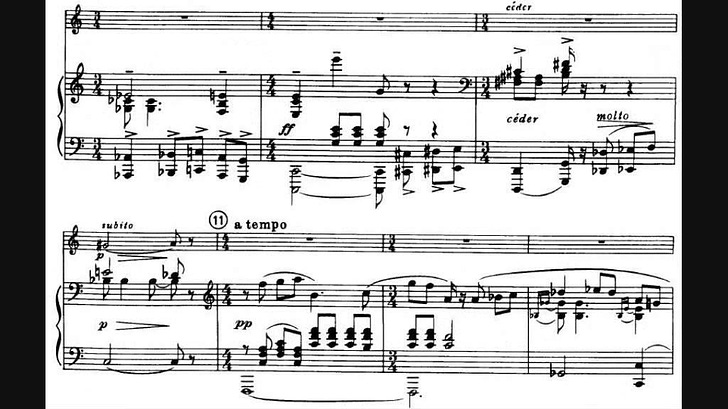Francis Poulenc is not the only composer whose career divides neatly into two contrasting phases, but in few cases is that contrast more meaningful.
In his first life, Poulenc was a member of Les Six, a group of young modernists first assembled in the late-1910s by Parisian composer and music guru Erik Satie. This group of six, which consisted of Georges Auric, Louis Durey, Arthur Honegger, Darius Milhaud, Germaine Tailleferre, and Poulenc, would write the soundtrack for the Parisian 1920s.
Their music was ideally suited to their place and time—a shell-shocked city and country sweeping away the ashes of a devastating war. It was generally neoclassical in style but lacked the thorniness of Stravinskian neoclassicism. It was sweet, melodious, genre-bending, and humorous—music to be enjoyed if not necessarily remembered.
Keep reading with a 7-day free trial
Subscribe to The Podium to keep reading this post and get 7 days of free access to the full post archives.



